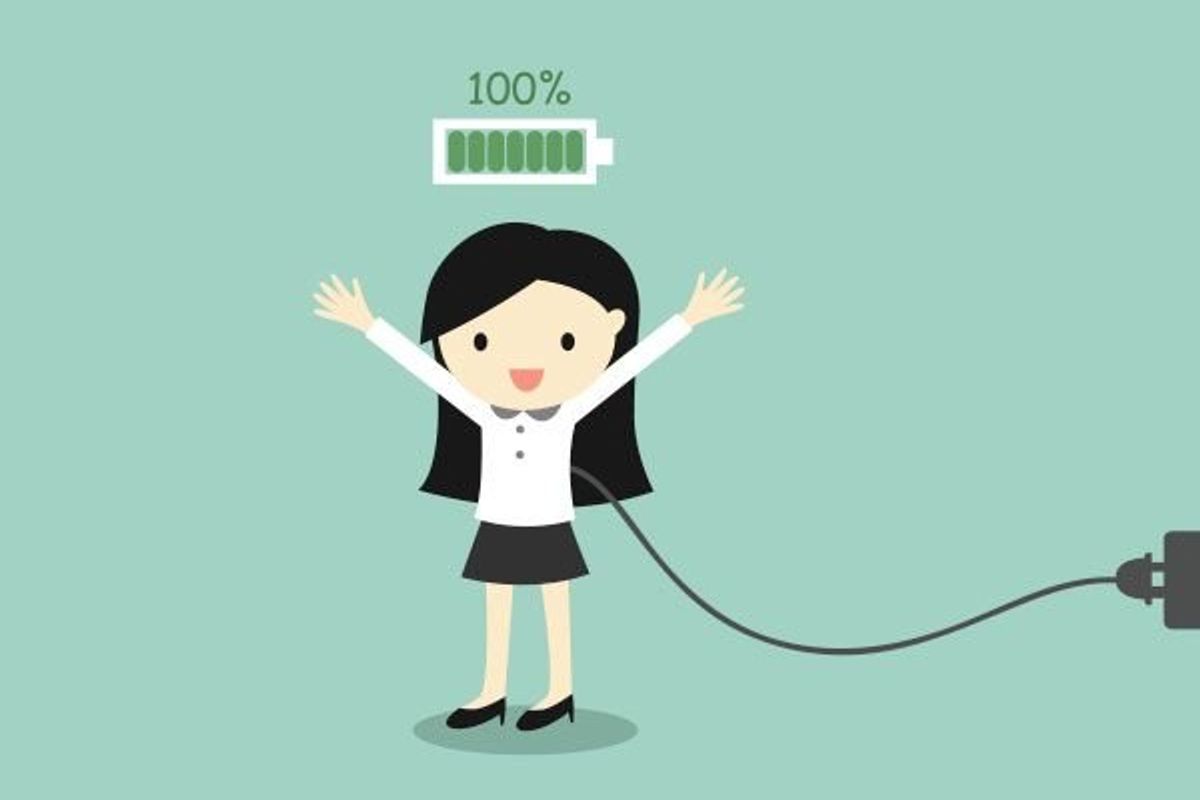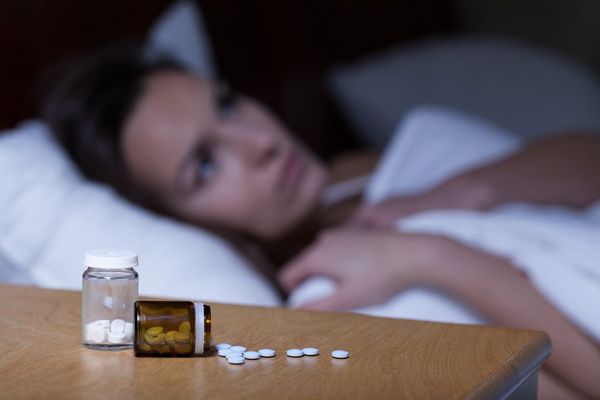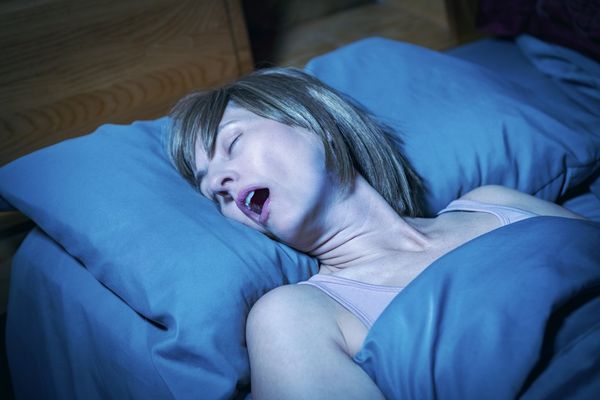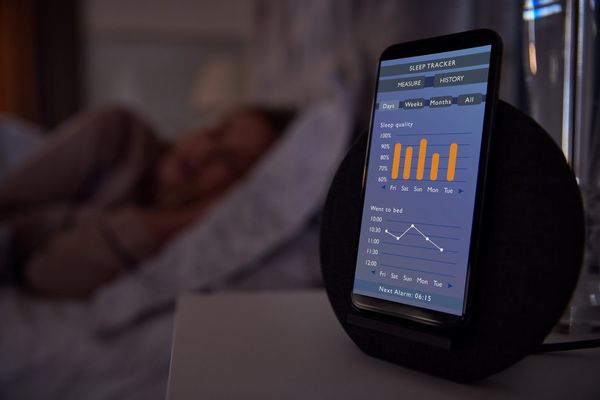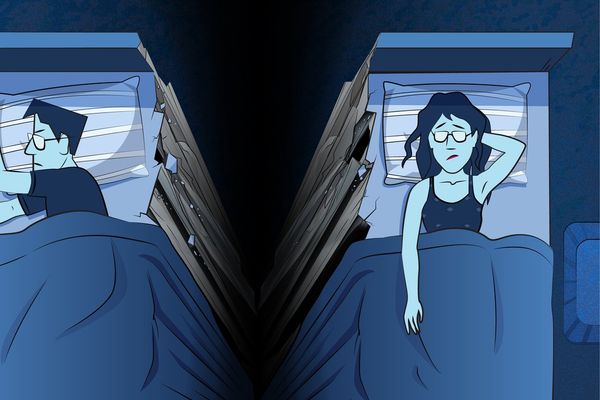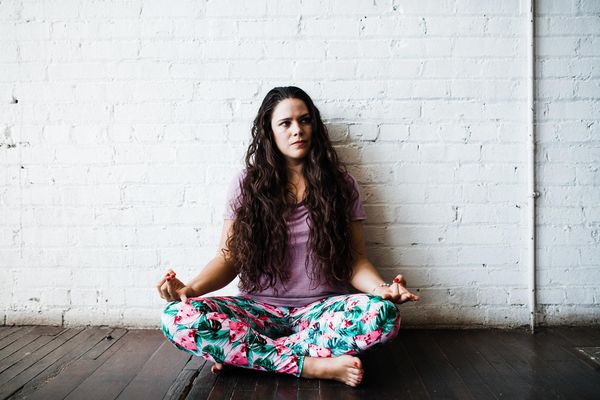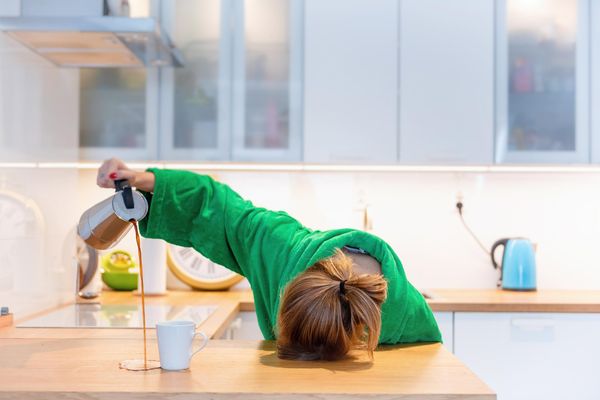How many times have you muttered lately, "Ugh, I'm so tired?"
No? Lucky you.
OK, then, let's try this: How many times have you heard someone else express their frustrations with feeling tired?
Yes, I thought so.
It's an annoying feeling when you can't function at your best. You're stifling yawns, fighting to keep your eyelids from drooping, your head from dropping, reaching for your fourth cup of coffee—and it's not even 10 a.m. yet.
About one in every five Americans feels fatigue that gets in the way of their everyday activities, reports the National Institutes of Health.
But here's the good news: There are ways to get through that foot-dragging, listless, exhausted and sluggish haze that threatens to knock you down.
Get Away From It All (but don't really go away). You can escape without really, well, going somewhere. How? Get away from all those distractions that are draining you without you even realizing it. Computers, emails, smartphones and TV shows to watch/record/catch up on can sure drain your energy and keep your brain on high alert. Shut off the computer, mute your phone and sit silently, even if it's just for 15 minutes. Yes, you can reboot yourself to start fresh.
Snack Wisely. When you're sleepy, you tend to crave unhealthy food like candy and doughnuts, which activate areas of your brain that, in sleep-deprived people, act as reward centers. The snacks may taste good for the short-term, but besides racking up calories, you're doing your fatigue no favor. Devoid of any valuable fiber or good fats, they make your insulin spike and your blood-sugar level drop—and before you know it, your head is dropping toward the closest pillow/desk/surface. Instead, reach for a piece of fruit, a handful of nuts, a chunk of cheese or a cut-up banana topped with a tablespoon of peanut butter. Don't forget: Food is fuel, and you need premium fuel to get the best performance.
Get Enough Hours. You may think you can cheat time and breeze by on less than seven or eight hours of sleep, but in all reality, you can't. (OK, there are a handful that can, but chances are it's not you.) Experts agree that seven hours is the minimum amount of sleep most adults need to function properly. Getting your sleep schedule on track—and logging the right number of hours—will help eliminate the next-day sluggish blues.
Breathe in Some Fresh Air. If you're stuck inside much of the day, it's no wonder you feel sleepy. Studies published in the Journal of Environmental Psychology report that when people are outside in nature, they report feeling more alive. So, get outside and connect with nature; it'll give you the energy you need and crave to get you through the rest of your day or night. If you can't go out, try sitting near a window or surrounding yourself with some pretty green plants.
Rethink Your Morning Coffee. Apparently, as soon as you wake up is not the best time to take advantage of caffeine's wake-up potential. That's because our body's cortisol levels are high early in the morning, and caffeine interferes with cortisol production, signaling the body to produce less. That makes you crave even more caffeine. Instead, drink coffee (or some form of caffeine) between 10 a.m. and noon, when cortisol levels are low and your body can optimize caffeine's, er, perks.
Read More:
7 Surprising Reasons You're Tired All the Time
Is Menopause Playing Havoc With Your Sleep?
The 4 Most Common Sleep Disorders
What to Do When You Can't Sleep at Night

